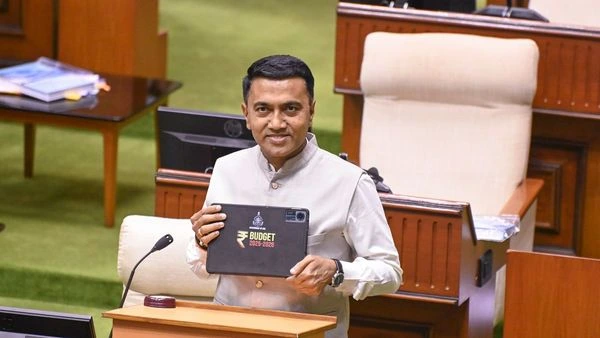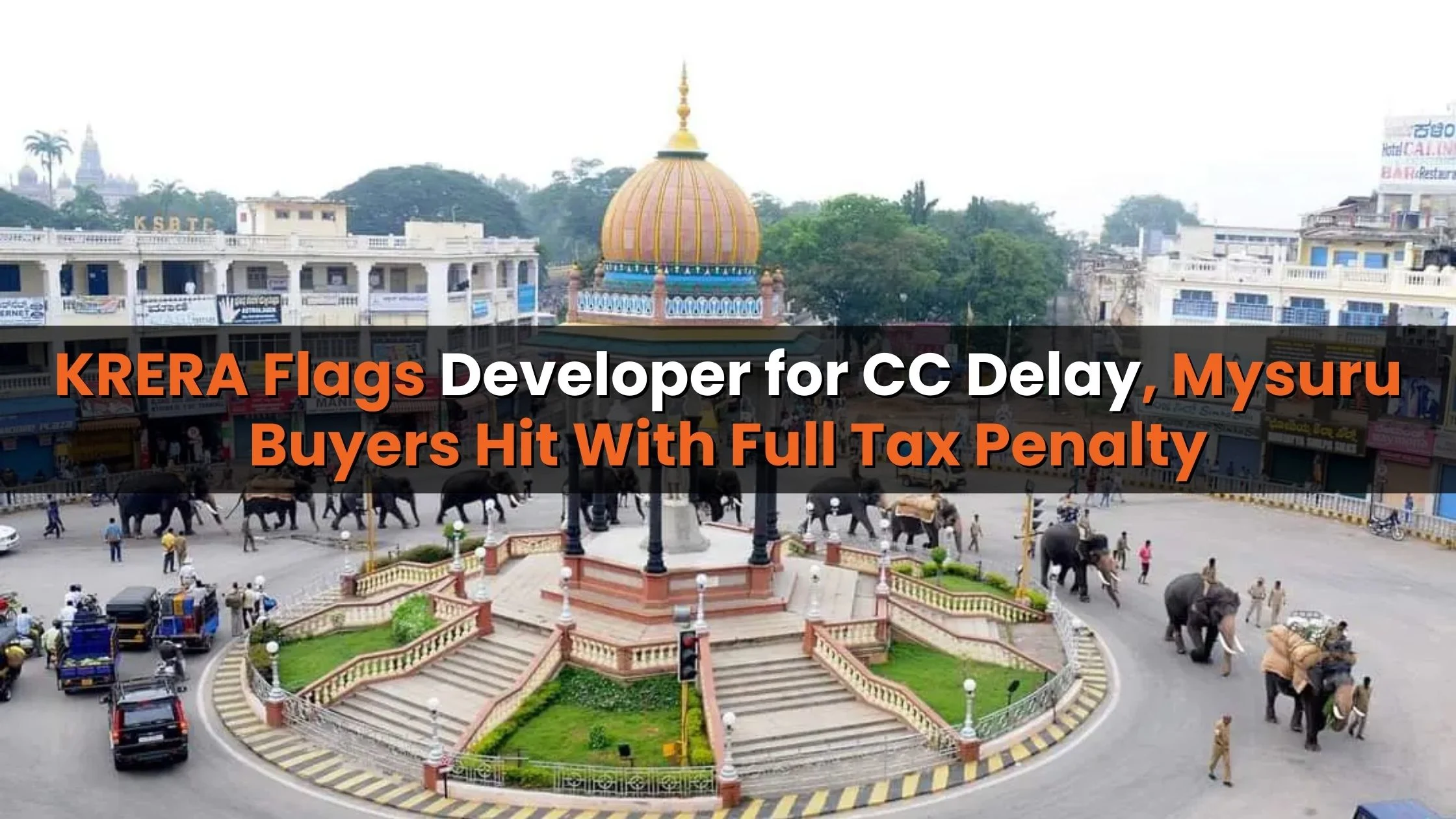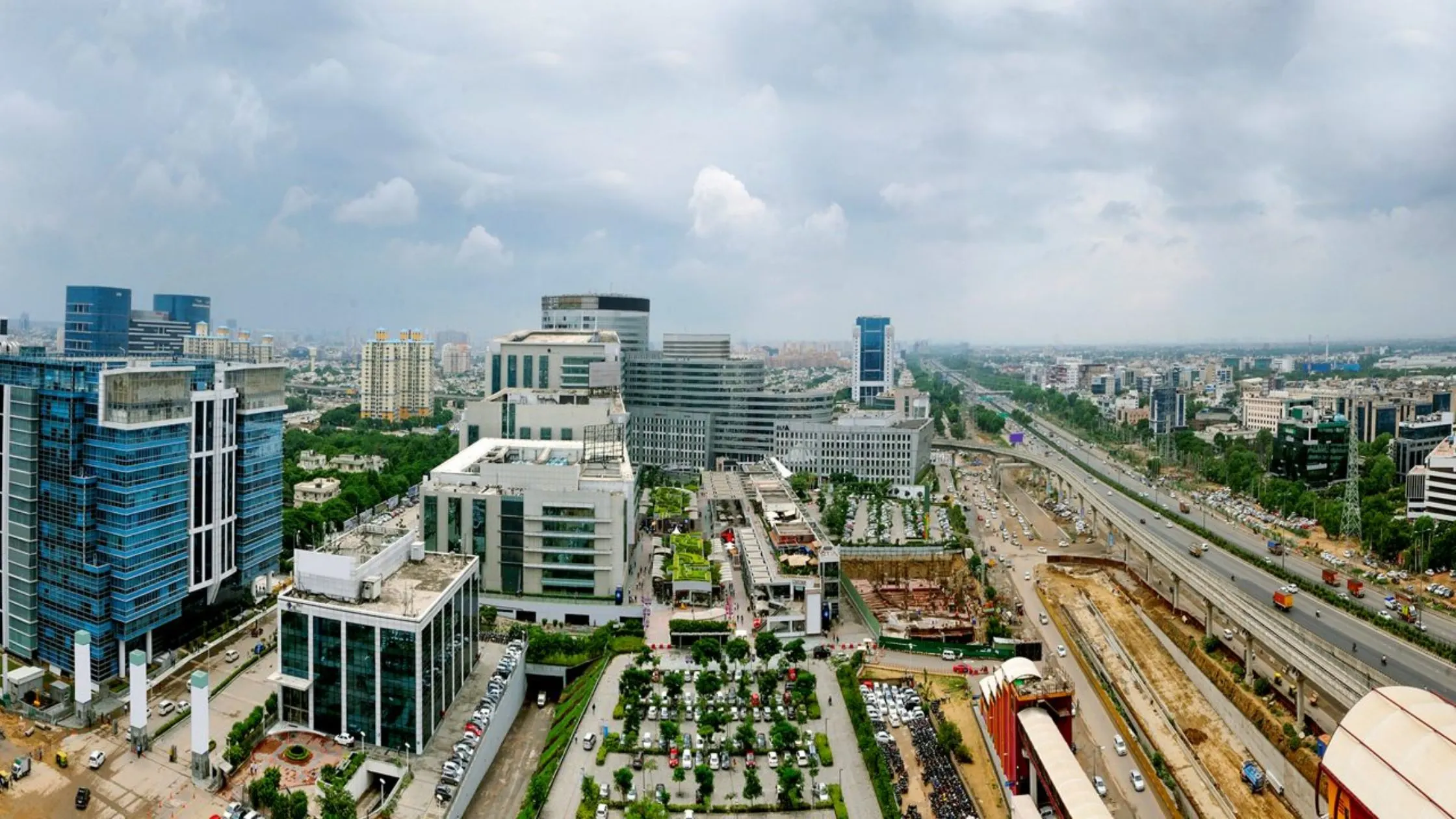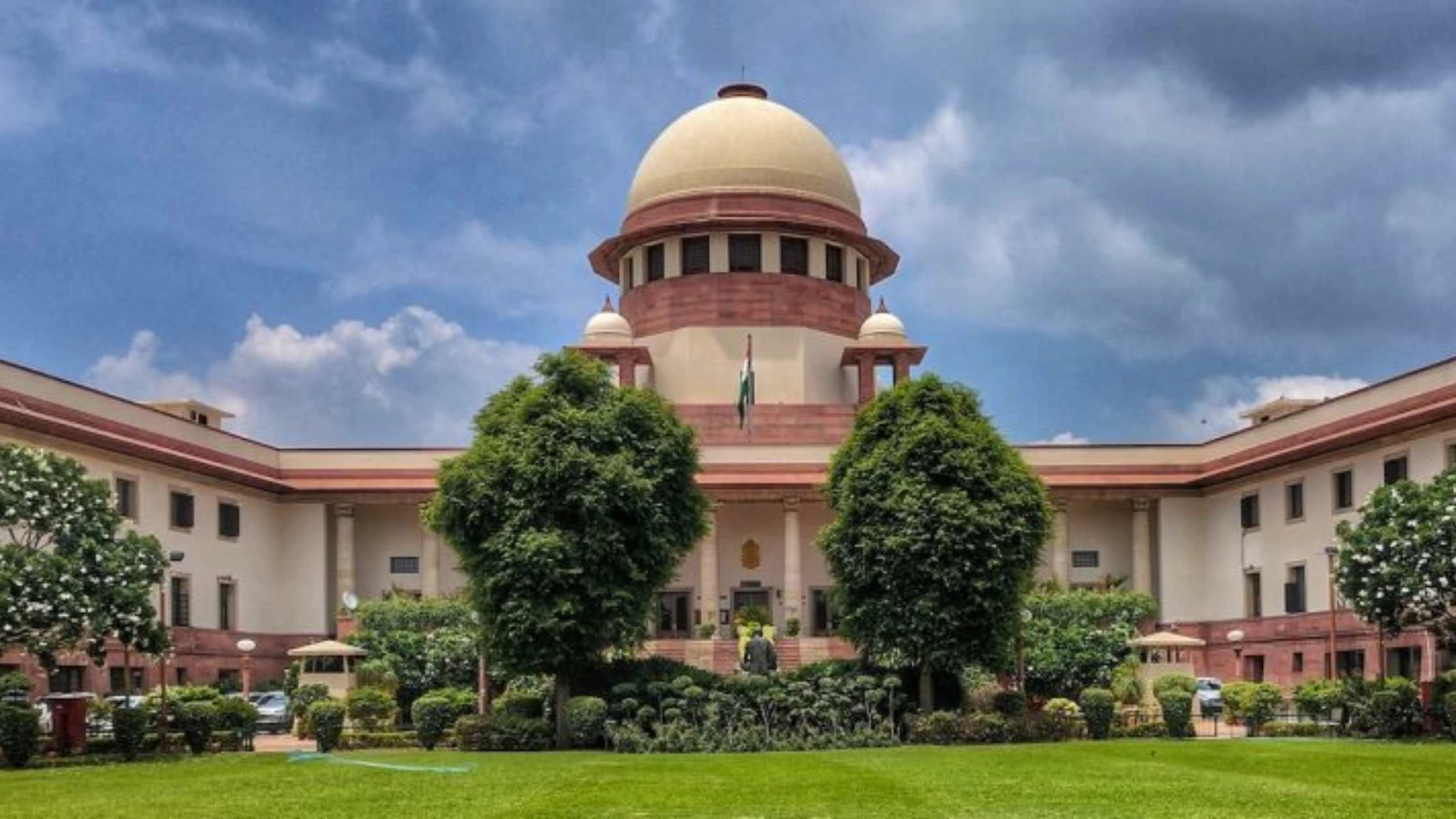Table of Content
▲
The Goa Budget 2025 is designed to change the face of real estate across the state through an economic growth and enhancement of living standards agenda. One of the priority aspects of the budget is to propose the launching of an affordable housing policy via the Goa Housing Board, providing viable housing solutions for Goans. Following this, the budget gives many other strategic measures that together promise for the state a sturdy and inclusive development framework.
Affordable Housing Policy Through the Goa Housing Board
New housing policy bringing affordability in living for Goans will be at the crux of the budget. The Chief Minister, Pramod Sawant, announced that the new housing policy would be followed by the Goa Housing Board through all these to conceive and work out policies for subsidized homeownership to the low and middle-income inhabitants. The objective of this government initiative, turbo-charged through easing approval processes, dedicated steering committee plans to smoothen town and country planning, and offer incentives for developers to build affordable homes-centralized around reducing the burden.
Also Read: Mumbai Set to Redevelop Slums in Jogeshwari, Chembur & Kurla
Key Components of the Housing Policy
The proposed housing policy outlined in the Goa Budget 2025 focuses on several critical areas:
- Subsidized Housing: The government plans to offer affordable housing solutions for lower- and middle-income families. This initiative is especially timely given the rising property prices in the state.
- Streamlined Approvals: A multi-stakeholder TCP steering committee will be set up to expedite approvals for new residential and commercial projects. This move aims to reduce bureaucratic delays and foster a smoother redevelopment process.
- Infrastructure Incentives: The budget also proposes tax incentives and relaxed infrastructure tax payments for developers, allowing them to pay 50% upfront and the remaining 50% after obtaining an occupation certificate (OC). Such incentives are expected to encourage more private investment in affordable housing.
- Slum Redevelopment and Amnesty Schemes: The government has allocated ₹5 crore for slum redevelopment and introduced an amnesty scheme to enable property transfers without penalties, further supporting the housing sector.
Conclusion
The Goa Budget 2025 addresses very critical issues on economic development and urbanization. Housing is one of the issues of prime concern where the Goa Housing Board will launch an affordable housing policy as the signature initiative. This is indeed a historic step to making quality housing available to all. Taxes incentives for tourism, industry support, smart city projects, infrastructure development, etc.; all speak of the commitment of the state towards sustainable development.
These initiatives together are ready to transform the economy of Goa and take the state towards a more inclusive paradigm, a more modern one, and definitely an investor-friendly one. As Goa Budget 2025 is rolled out, the benefits for all stakeholders-from homebuyers and developers to those connected with the tourism and industries in the state-will be realized by these visionary measures, setting up for brighter things to come. Stay tuned to these developments to ride the wave of new opportunities in Goa.
Also Read: Shaktipeeth Expressway: Nagpur-Goa Route, Timeline & Essential Facts






Ans 1. It’s a government-led plan to launch a subsidized housing policy through the Goa Housing Board, aimed at providing affordable homes for low- and middle-income residents.
Ans 2. The policy was announced by Chief Minister Pramod Sawant as part of a broader agenda for economic growth and urban renewal in Goa.
Ans 3. The initiative includes subsidized housing, streamlined approval processes via a dedicated TCP steering committee, infrastructure incentives for developers, and slum redevelopment and amnesty schemes.
Ans 4. The Goa Housing Board will develop and implement policies to facilitate affordable, subsidized homeownership and ensure easier approval processes for new residential projects.
Ans 5. Developers will benefit from tax incentives and relaxed infrastructure tax payments, with a split payment model—50% upfront and 50% after obtaining an occupation certificate.
Ans 6. The primary beneficiaries are low- and middle-income families, as the policy focuses on self-occupied residential properties to reduce the overall housing cost.
Ans 7. They are designed to facilitate property transfers without penalties and upgrade existing slum areas, further supporting affordable housing development in the region.
Ans 8. The policy is expected to boost economic growth, attract private investment, enhance urban infrastructure, and promote a more inclusive and sustainable real estate market in Goa.